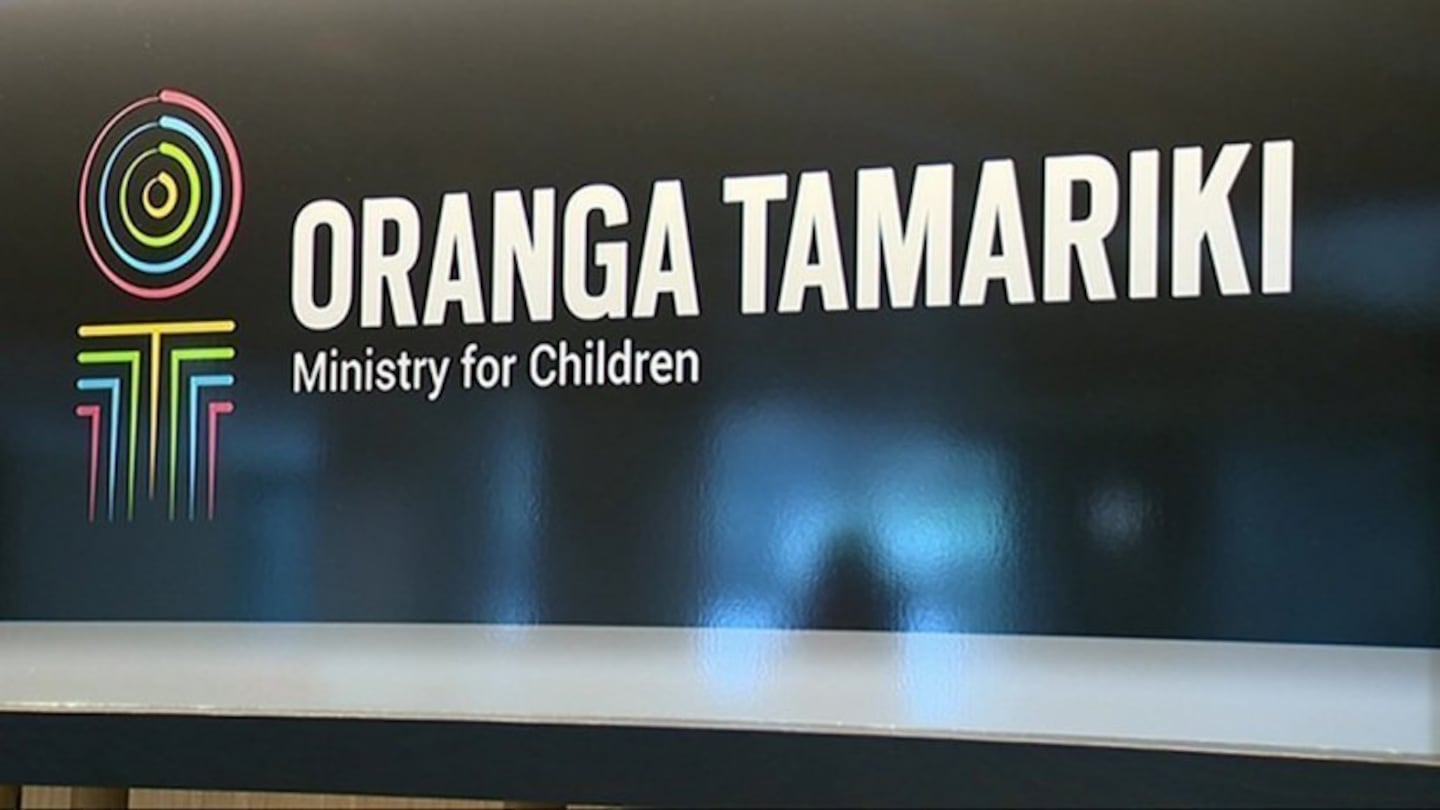Whakarongo Mai (VOYCE), the national advocacy organisation for young people in care, says the release of the Ministerial Advisory Board’s report looking into Oranga Tamariki is a giant step in the right direction, and is calling for details of the action plan.
VOYCE CEO, Tracie Shipton, says the Hipokingia ki te Kahu Aroha Hipokingia ki te katoa report’s recommendations are “heartening”. VOYCE is a long time supporter of ‘by Māori, for Māori’ and sees the devolving of power to the regions and communities as a positive move for the nation’s statutory care and protection agency.
Other representatives of the care-experienced community are cautiously welcoming the report. VOYCE National Youth Council (NYC) member, Mary-Lynn, found the recommendations “refreshing”, and indicative that “they have a fairly good understanding of what is going wrong”. However, she was also concerned that a lack of resourcing could impact the quality of delivery, and ultimately outcomes for young people.
The Minister for Children, Kelvin Davis, made a commitment to “place the voices of children and rangatahi at the centre of decision-making at all levels and support children and whānau to participate in and be central to decision-making”. VOYCE strongly supports this participatory approach and urges the Minister to invest in genuine and sustained collaboration with affected communities. Isaac, a VOYCE NYC member, is hopeful that “they (the Government) actually involve young people in designing how this would look”.
VOYCE National Care Consultant, Tupua Urlich, felt it was a shame the report did not explicitly address the systemic racism that young people and their whānau experience. While the devolution of power to hapū, whānau and iwi will likely address this issue, unless something is explicitly identified, it can be easy to overlook.
The report acknowledges that “it will take at least a generation to achieve the transformation in outcomes that are necessary” and that “collaborative partnership between all who have a role in supporting tamariki and whānau” is essential.
Shipton recognises “a longstanding concern of young people is that implementation doesn’t follow intention” so, while welcoming the commitments made by the report, she also urges the Ministerial Advisory Board “to ensure that the promise to young people is fulfilled.”
VOYCE is pleased to see mention of disabled tamariki in the report. This group of young people are particularly vulnerable and overrepresented in the care of Oranga Tamariki. VOYCE knows significant work needs to be done to better understand their unique needs and how to improve their outcomes in the system.
The absence of any tangible means of measuring the quality or effectiveness of Oranga Tamariki intervention is highlighted by Te Kahu Aroha’s reliance on volumes and outputs in analysing practice. The Board’s call for a monitoring framework to “enable transparency to the public of progress, real outcomes for tamariki and whānau, and value for the investment” is critical.

